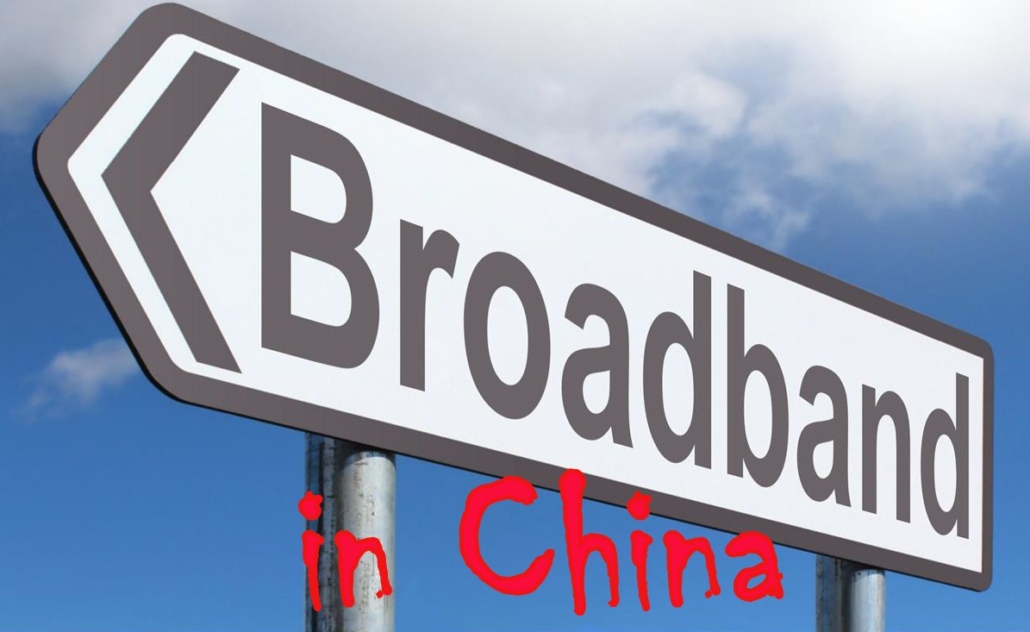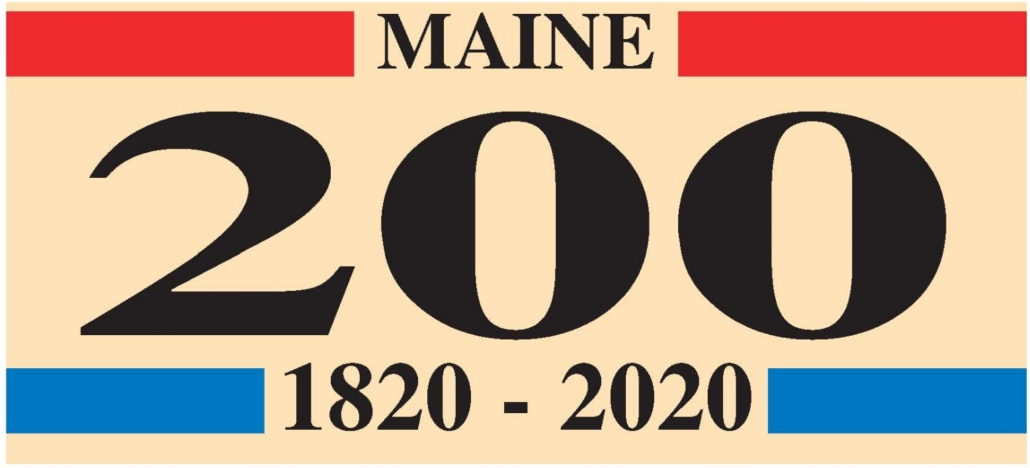China broadband committee continues talks with Unitel, Direct Communications
 by Mary Grow
by Mary Grow
At their May 4 meeting, China Broadband Committee (CBC) members continued discussion of working with Unitel and Direct Communications to bring expanded broadband service to China residents. CBC Chairman Robert O’Connor planned to present an interim report to China Select Board members at their May 9 meeting.
As at their previous joint discussion April 6 (see The Town Line, April 14, p. 3), everyone was enthusiastic about a cooperative endeavor – and how to pay for what CBC members envision remained a problem.
After voters defeated a request to borrow money through a bond in November 2021, CBC members have been determined to develop a plan that would not require financial support from taxpayers. They expect a combination of grants, user fees and other to-be-explored sources to cover costs.
CBC member Jamie Pitney summarized the committee’s relationship with Unitel: “We contacted all these people [from other broadband and telecommunications companies, including those already serving China residents] and the most promising are sitting right here.”
Michael Akers, Unitel’s Director of Network Operations, said he and Lead Communications Technician Scott Turgeon toured about half of China’s roads and confirmed and expanded information collected by last summer’s survey by Hawkeye Connections.
Notably, they found areas on main roads and camp roads where new facilities would be needed. The necessary construction would be “fairly straightforward,” Akers said, parts of it easy and parts hard.
In sum, the Unitel experts were “not supersurprised” by their findings. They concurred with Hawkeye’s cost estimate of around $6.5 million for work China would need.
They also agreed that under current guidelines and definitions for federal and state broadband grants, China could expect about $850,000, leaving a substantial amount needed from other sources.
Unitel and Direct Communications would contribute, amounts unknown. And, several people mentioned in discussion, grant guidelines will not be final until the fall of 2022 and might change to China’s advantage.
Another possible plan would be to expand China broadband incrementally over several years, starting with service to currently unserved and underserved areas.
The group agreed that CBC members should encourage China residents to do repeated speed tests on their current broadband service. Demonstrations of limited service should help show the need for change. Direct Communications, based in the small town of Rockland, Idaho, specializes in providing rural towns with broadband service. Unitel, based in Unity, Maine, is now a member of Direct Communications. Unitel’s Director of Internal/External Support, Jayne Sullivan, and Akers said they will forward a description of the local financial situation to Idaho.
Pitney asked James Dougherty, from consultant Mission Broadband, to draft a work plan for the CBC based on the May 4 discussion. After discussion of how much time would be needed, the next CBC meeting was scheduled for 4 p.m. Wednesday, May 25, in the portable building behind the China town office.
Responsible journalism is hard work!
It is also expensive!
If you enjoy reading The Town Line and the good news we bring you each week, would you consider a donation to help us continue the work we’re doing?
The Town Line is a 501(c)(3) nonprofit private foundation, and all donations are tax deductible under the Internal Revenue Service code.
To help, please visit our online donation page or mail a check payable to The Town Line, PO Box 89, South China, ME 04358. Your contribution is appreciated!





Leave a Reply
Want to join the discussion?Feel free to contribute!